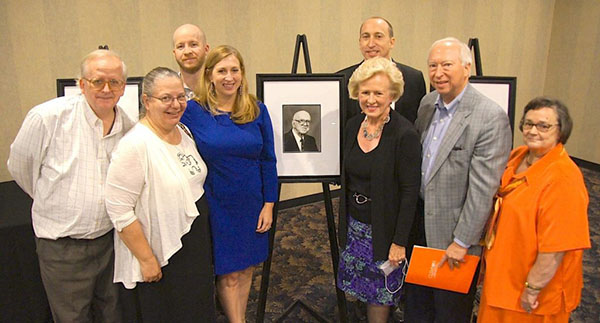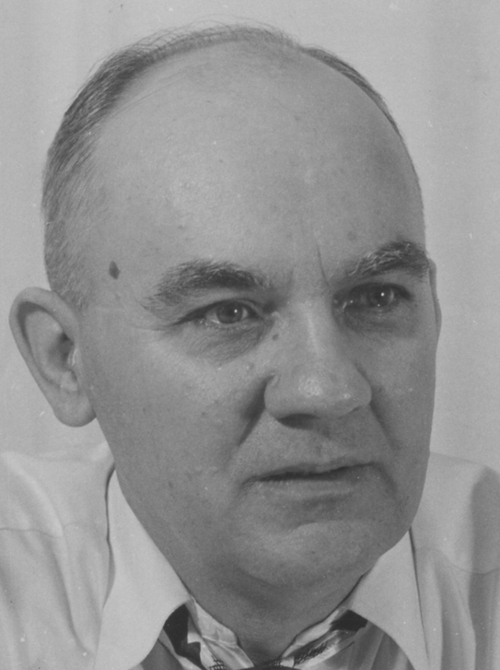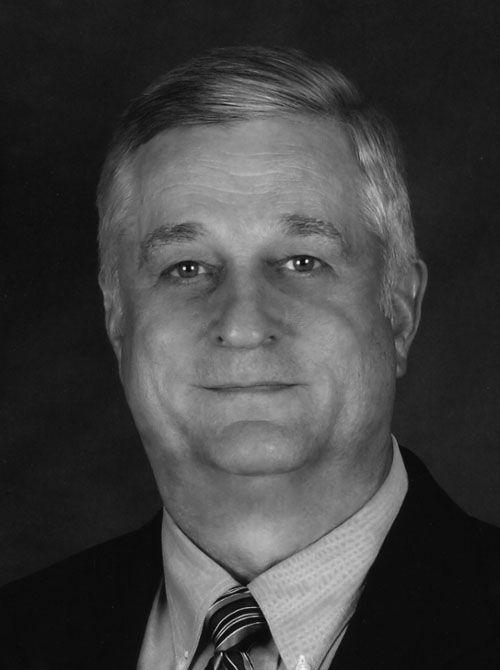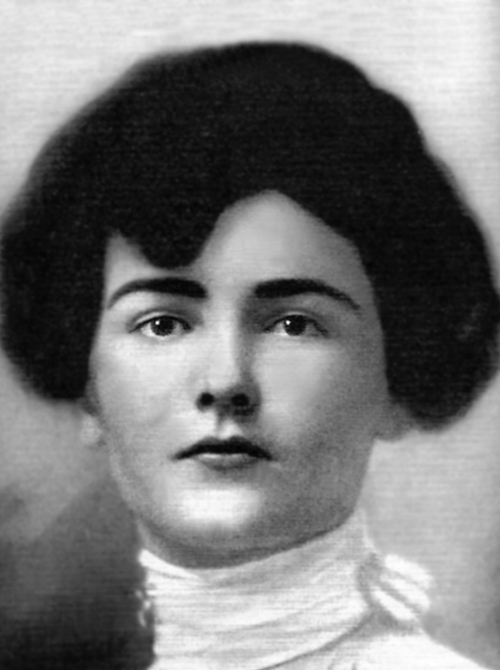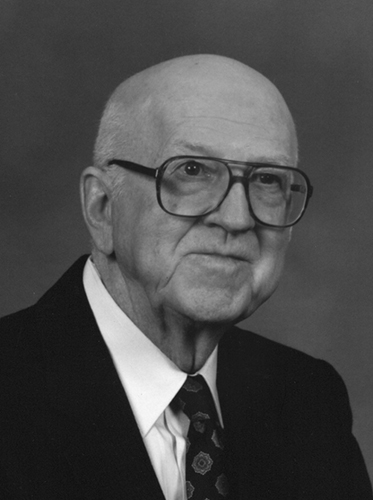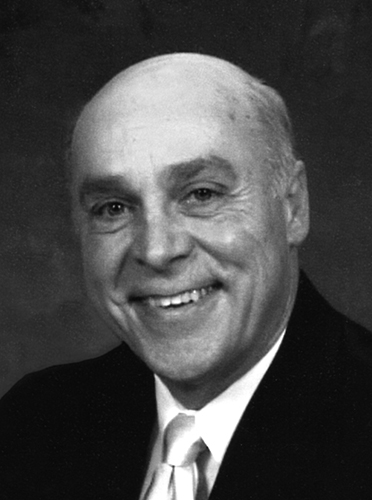
Lever Hall of Fame Class of 2016
Jesse Eargle
Whether dealing with the daily duties of farming or the devastation of droughts and hurricanes, Jesse Eargle aided the people of Orangeburg County and across South Carolina for more than two decades.
After serving as Clemson’s swine research coordinator and manager of the Starkey Swine Research Center from 1972 to 1984, Eargle joined the Extension Service, where he would serve as an area agent for Bamberg, Barnwell and Orangeburg Counties and as the Extension director for Orangeburg, Calhoun and Clarendon Counties.
During the 1986 Haylift, Eargle and the Orangeburg County Extension Office coordinated the collection and distribution of various donated livestock feedstuffs in response to areas of severe drought. Likewise, Eargle and Orangeburg Extension reacted swiftly to the aftermath of Hurricane Hugo as the lead agency providing educational information and coordination and distribution of relief supplies being delivered from across the nation for Hugo victims.
Eargle established the state’s second Agricultural Financial Management Association to assist members in using a management information system consisting of complete and detailed records and computer generated business analysis reports.
He also led the Orangeburg Area 4-H Barrow Project, Show and Sale, an educational program to teach swine production, feeding, housing and care, disease and parasite control, fitting and showing, and marketing. More than 230 4-Hers have participated in the project and raised and sold 386 market barrows through the program, with 131 volunteer leaders, 56 sponsors and 193 buyers assisting with the project.
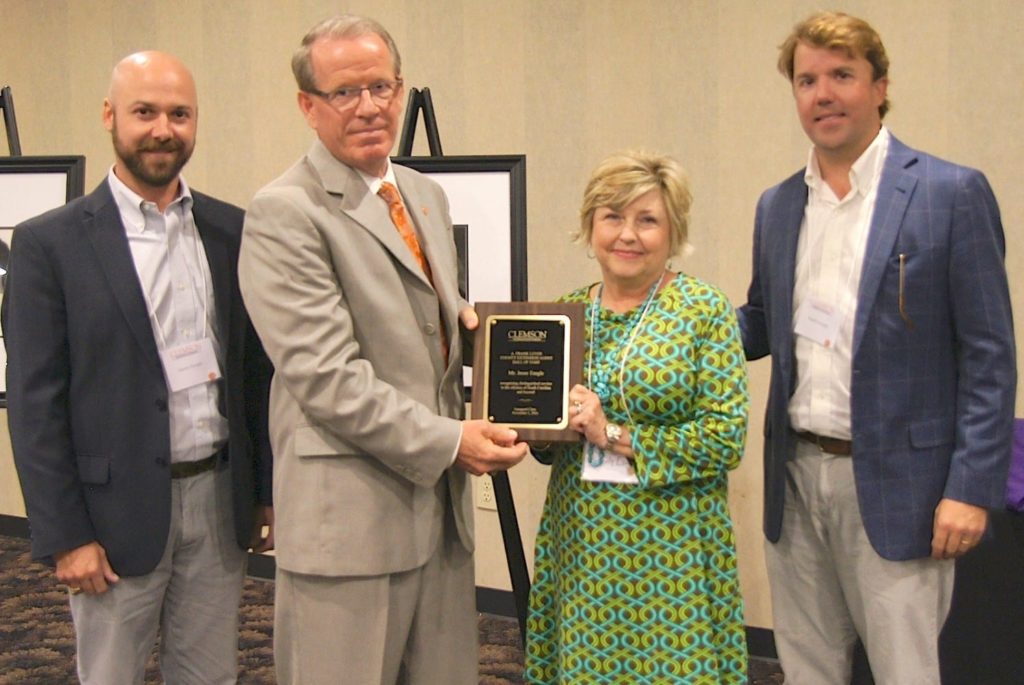
J. M. Eleazer
Long before Clemson became a university, J.M. Eleazer was “the original change agent,” said Phil Perry, who nominated Eleazer to the Lever Hall of Fame. “He helped farm families prepare for and adjust to the many changes that were brought about during his working career,” Perry said.
Among those changes were electricity, for which Eleazer worked with the Rural Electric Administration to bring to South Carolina’s rural areas.
Beginning in 1917 as an emergency farm demonstration agent in Jasper County, Eleazer would continue as a county agent in Saluda and Sumter counties before moving to Clemson to carry out his work statewide.
For 44 years as a county agent and Extension information specialist, Eleazer was a spokesman, writer and promoter for Clemson College and South Carolina agriculture, Perry said.
“With pen and paper, two fingers and a typewriter and radio tapes that he pre-recorded and mailed, he got the word out to the people of South Carolina on improved farming methods,” Perry said. “In 1918 he started writing a farm column that continued for 65 years. He was a legendary county agent, agriculturist, speaker and author.”
Eleazer was recognized in 1957 by Progressive Farmer magazine as Man of the Year in South Carolina Agriculture and was awarded the Distinguished Agriculture Award in 1971 by the South Carolina Farmers Cooperative Council.
Eleazer published four books: “A Dutch Fork Farm Boy,” “50 Years Along The Roadside,” “Our Land is Our Life,” and “Conservation and Me.”
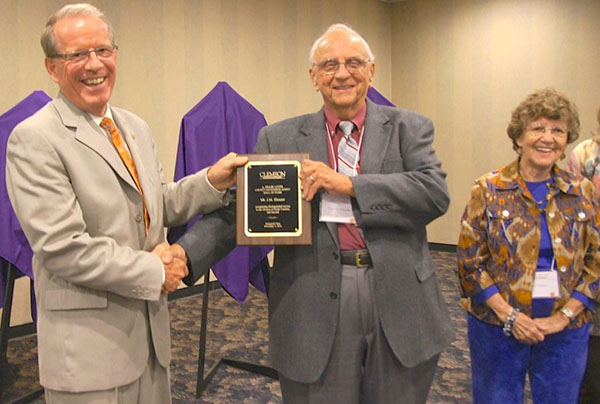
Phil Perry
Early in his career, Phil Perry dedicated himself to what he called the “5-P Agriculture” of Saluda County: ponds, pastures, peaches, poultry and pines. With that foundation, Perry’s efforts reached all production agriculture, helping ensure that annual cash receipts from the sale of Saluda County crops and livestock always ranked among the top in the state.
As the Clemson Extension agent for Saluda County from 1975 to 2013, Perry considered it his job to work with the professional food and fiber producers and help them produce an abundant and high quality yield of agricultural products, said Connie Lake, who nominated Perry for the honor.
“He managed cooperative marketing efforts for millions of dollars worth of beef and dairy cattle. The Performance Tested Heifer Sales and Preconditioned Steer Sales that Phil helped start are still active today,” Lake said. “Phil trained many dairy and livestock judging teams that won at the state and national level. He assisted thousands of 4-H members with their dairy, beef, swine, goat, sheep, poultry, horse and wildlife projects. Many of these young people are successful farmers today or are involved in agriculture in other capacities. Many hold agricultural leadership positions.”
Students from across South Carolina came to know Perry for his leadership in youth programs — none more than those with dairy cattle. He led the state 4-H dairy program and 4-H dairy camp, supervised the state 4-H Dairy Heifer Project, advised the State Junior Dairy Breed Associations, coordinated the Junior Dairy Show at the State Fair, guided the 4-H Dairy Judging Program and chaired the Clemson University Spring Dairy Show Committee.
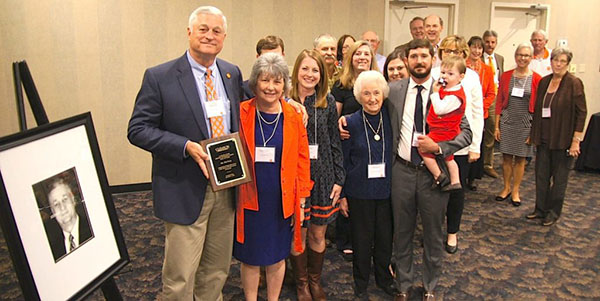
Marie Cromer Seigler
As teacher and principal of Talatha School in Aiken County in 1910, Marie Cromer Seigler formed one of the nation’s first Girls’ Tomato Clubs. Her work caught the eye of Seaman Knapp at the U.S. Department of Agriculture, who summoned her to Washington. There she laid the groundwork for national programs to help farm families preserve food safely and profitably.
Her idea spread across the country and, with similar Boys’ Corn Clubs, became a model for the national 4-H Clubs and Extension Service educational demonstrations. By 1953, President Dwight Eisenhower honored Seigler for her role as a founder of 4-H Clubs.
As one of the first female county home demonstration agents in South Carolina, Seigler would later say, “I made up my mind I was going to do something for country girls.” She did so with gusto: By 1913, 20,060 girls were enrolled in canning clubs in 15 Southern states. Seigler would write that year, “The 4,202 girls who sent in reports put up 1,032,115 cans of tomatoes and 522,147 cans of other products worth $180,420.05.”
With the support of her husband, Aiken School Superintendent Cecil Seigler, her novel teaching methods entered the school system as well with the establishment of home economics classes
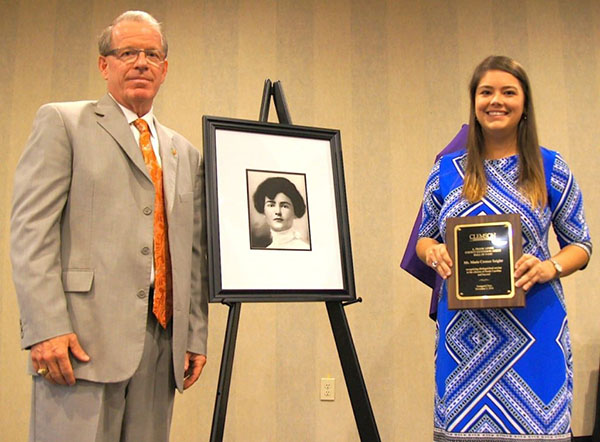
David Austin Shelley
Throughout the Savannah River Valley, David Austin Shelley became known as a resource for farmers and cattlemen during a 35-year career.
After graduating from Clemson College in 1936 with a degree in animal husbandry, Shelley joined Clemson’s Extension Service, serving as an assistant county agent for Aiken and Edgefield counties and later county agent for McCormick and Barnwell counties. While serving as a Clemson Extension Agent for the Savannah Valley District, which comprised 16 counties, he served as the coordinator for training, development and recruitment.
Shelley served in the U.S. Army during World War II and was a member of the 360th U.S. Army Reserve, from which he retired as a lieutenant colonel with 28 years of service.
Exceptionally active in his community, Shelley was a member of the Barnwell First Baptist Church for 60 years. In 1999, the church named him a Life Deacon for his loyal and faithful service. Shelley was honored twice by the Barnwell Lions Club as “Lion of the Year.”
